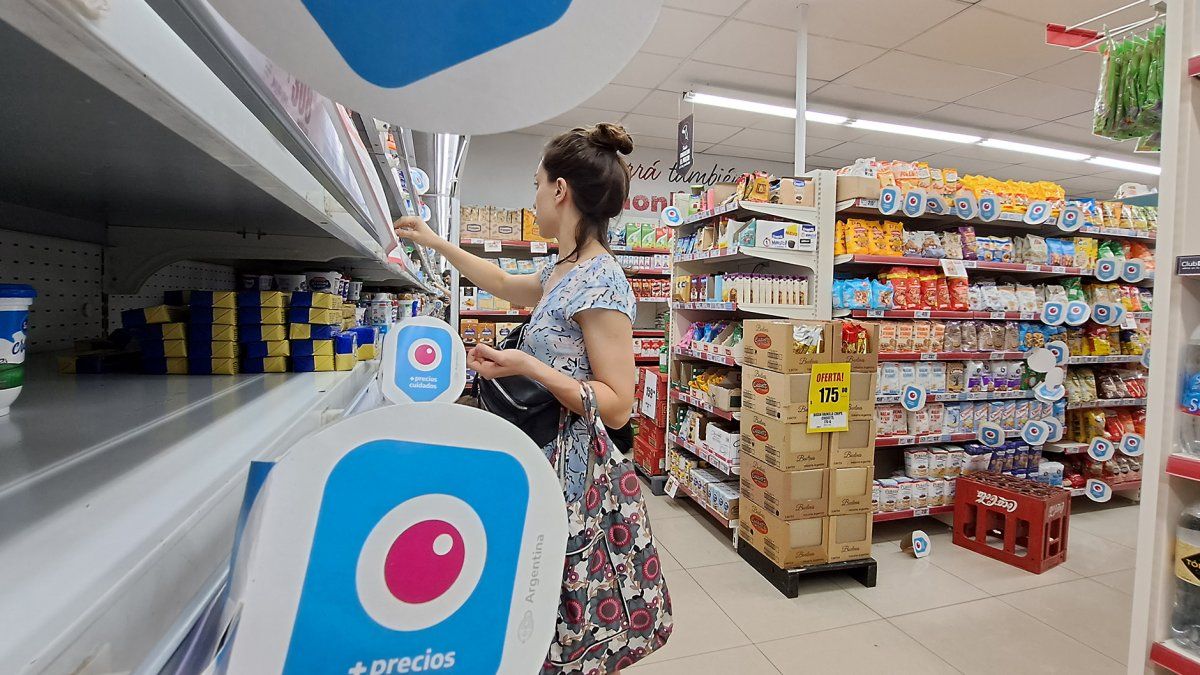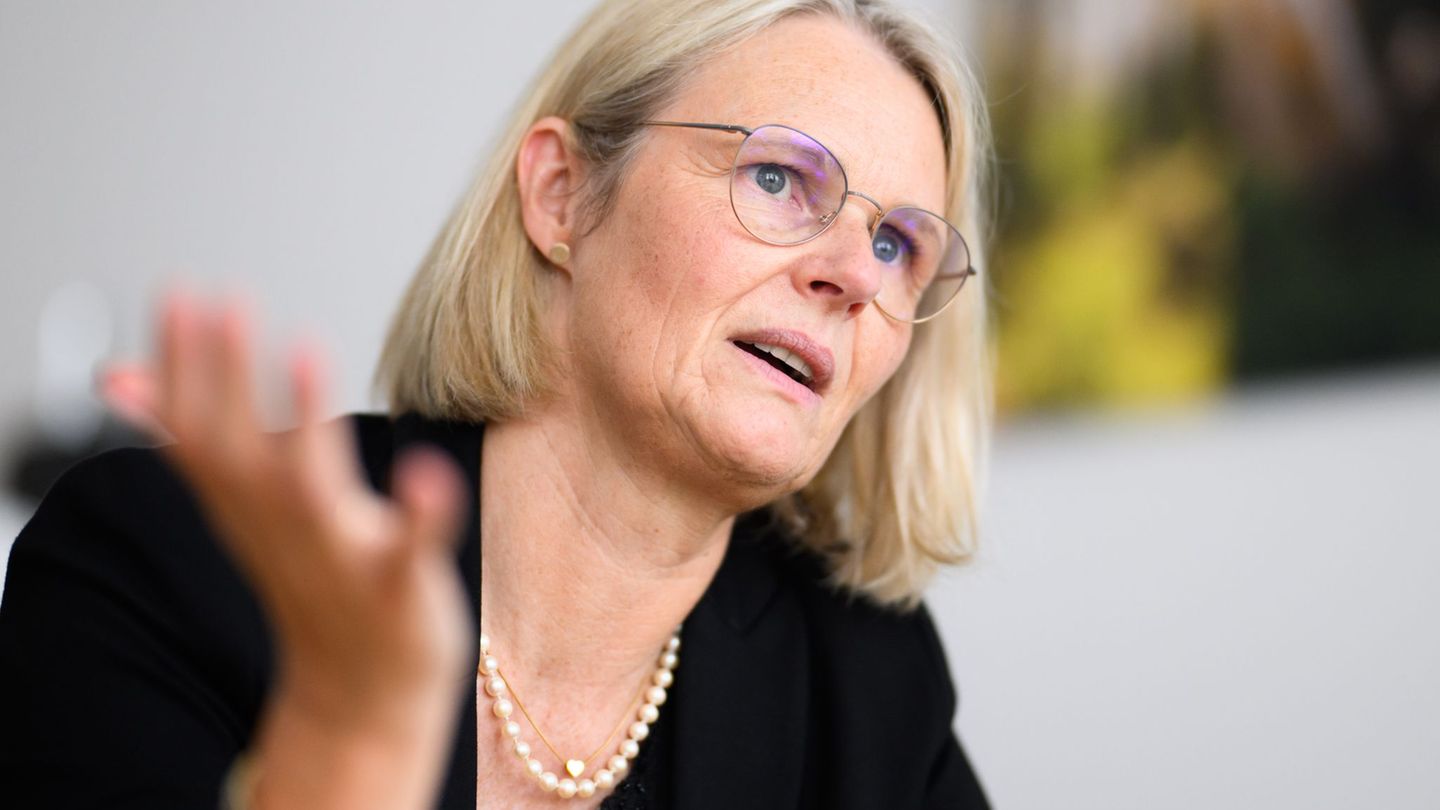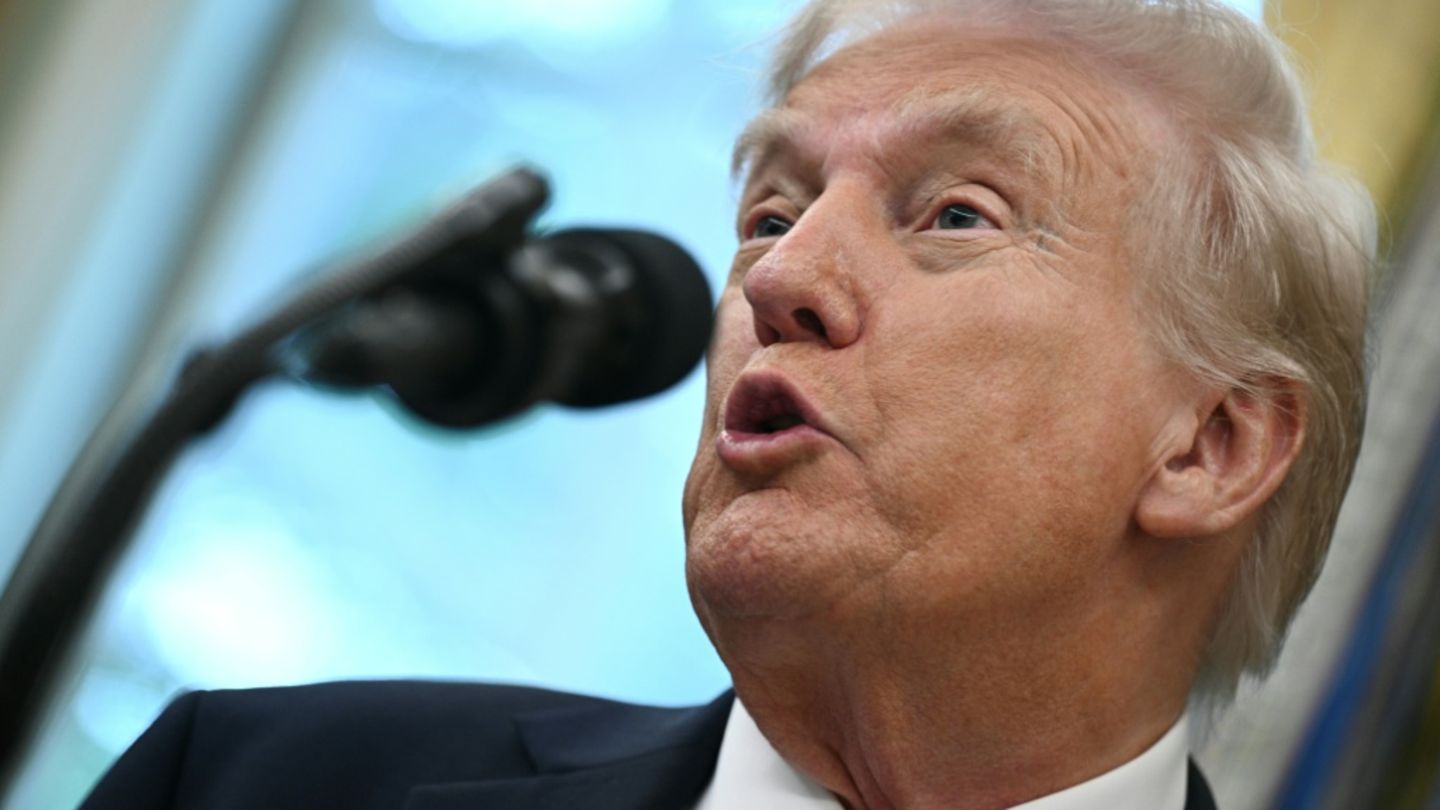Food and non-alcoholic beveragesthe division with the greatest weight in the general index, scored 6.8%, the highest rise since August, so the moderation of November and December is behind us. The rise was underpinned by strong increases in fruits, vegetablestubers and legumes, which were combined with also high increases in water and soft drinks. To this was added, although with a lower increase than in the seasonal ones, the increase in the price of Bread and cereals, and Meat and derivatives.
While the biggest increases of the month were registered in the items Recreation and culture (9%) by impact of the increase in tourism services as a result of the holiday season. The same also affected restaurants and hotels, which rose 6.2%. At the same time, Housing, water, electricity and other fuels recorded an advance of 8%, largely driven by rising prices utility rates (water and gas); and Communication showed an increase of 8%, before the rises in telephone and internet services. Likewise, Health gave 4.9%, given the sustained rise in medicines, along with a new adjustment in prepaid.
On the contrary, the two The divisions with the least variation in January were Clothing and footwear (2.3%) and Education (1.1%).
Let us remember that inflation registered a level of 94.8% in 2022.
indec inflation January 23.jfif
At the regional level, inflation moved between 5.6% in the Northeast and 6.4% in Cuyo.
Core inflation, -which measures the evolution of products that are not subject to short-term issues, that is, measures the basic trend of prices- was 5.4% per month. “This is a rate similar to that seen since September, with the sole exception of November (4.8%),” commented C&T Asesores Económicos.
At the category level, Seasonal products and services registered a rise of 7.9%; while Regulated -including transportation and electricity, among others- advanced 7.1%.
According to Isaías Marini, economist at the Econviews consultancy: “Inflation in January was mainly driven by increases in regulated items. In this sense, the highest incidence came from the ‘housing, electricity, gas and other fuels’ division due to the increase in electricity, gas and water rates in the AMBA (Federal Capital and surroundings)”.
The adjustment of public transport fares in the AMBA (by far the region with the greatest weight in the index) and the rise in fuels (both in the Transportation division), Health and Telecommunications also had an impact on the index. .
For its part, the Libertad y Progreso Foundation estimated inflation at 6.3%, also supported by the headings of “Housing, Water and Electricity” given the removal of energy subsidies and rent increases, also “transportation” with the rise in bus tickets in AMBA and the agreement on gasoline from the Fair Prices program.
headings indec.jfif
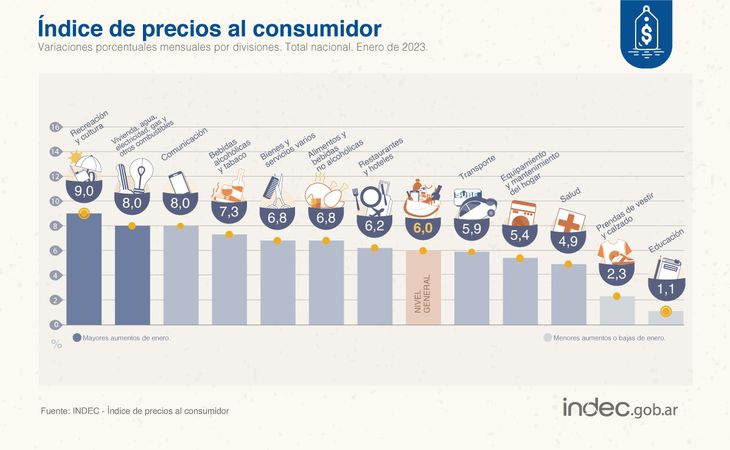
Inflation: what is projected for February
From Econviews, they project that, for February and March, it will be very difficult to drop 6%, “rather the chances are that it will go up a little more” and they do not rule out that “one month it will start again with 6 ahead.”
According to the C&T retail price survey for GBA, “In February, food inflation is rising sharply, with meat playing a leading role. On the contrary, the items linked to tourism lose some dynamism because February is less seasonally important. In this way, inflation in February would be around 5.5% monthly”.
While from the Libertad y Progreso Foundation, they say that “for now the absence of significant increases in regulated prices would contribute to a moderation in the rise of the CPI. However, the inflationary dynamics will continue above 5% per month, which would lead to cross the 100% annual barrier in the general CPI”alert.
“The problem is not in the shelves, but in the constant depreciation of our currency caused by mistrust in officials and an excess of money supply. At the moment, there are no theoretical reasons to think that inflation will go down and uncertainty in an election year it can even make the situation worse”said Lautaro Moschet, an economist at that foundation.
indec inflation january 23-3.jfif
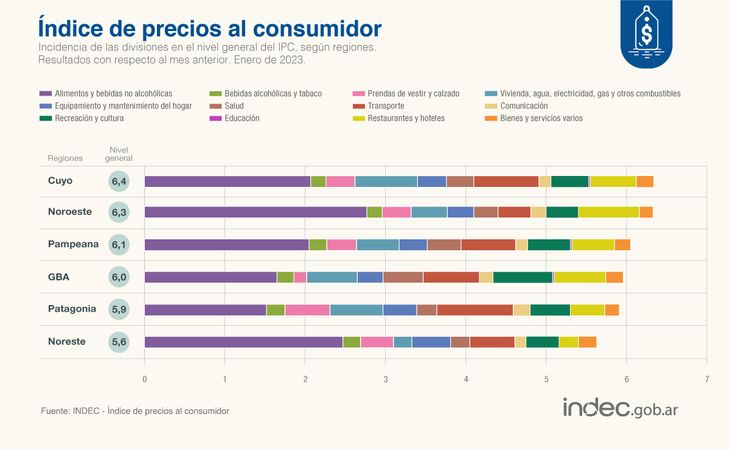
Industry Secretary, José Ignacio de Mendiguren had admitted that inflation in January would be “higher than that of December.” “People buy the same, with prices that should not be validated and that did not help us. There were also some seasonal problems during the first month of the year,” the official explained.
“This happens among other reasons because in the season there was a movement of tourism and price abuses, the limit is often set by people’s purchasing power“, he indicated.
For his part, the new head of presidential advisers, Antonio Aracre, said that between January and February the drought and the change in the logic of cattle retention played a trick, impacting the increase in meat.
He recognized that in March, with the start of classes, there will be school adjustments and supplies, so it will be difficult to reach the 3.8% that Minister Massa promised, but he pointed out that in April there is “every opportunity to get to that step.”
Source: Ambito

